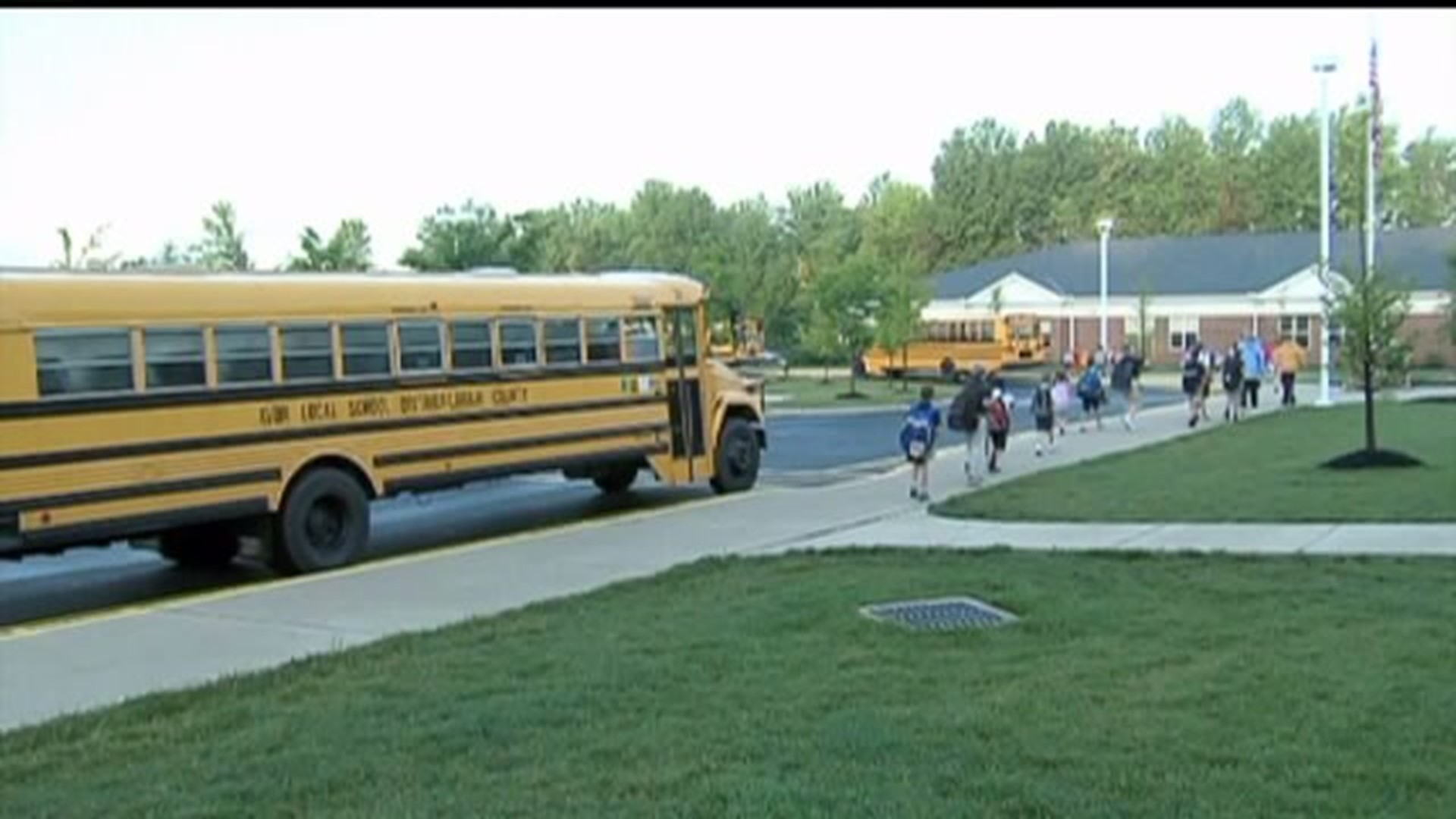HARRISBURG, Pa. - A recent court ruling overturning an exemption granted by the Pennsylvania Department of Education to a school district could prompt taxpayers in other parts of the state to file similar legal challenges, education experts said Thursday.
The ruling by a Montgomery County judge overturned a property tax increase exemption that the department granted to the Lower Merion School District, saying it had plenty in reserves to cover the costs that required a tax hike. It is under appeal in Commonwealth court.
Under state law, the exemption can be granted to districts that show their current budget cannot cover additional costs for pensions and special education. The ruling reverts Lower Merion's property tax increase back to 2.4 percent, the maximum allowed under state law.
"If you have big sums of money accumulated in reserves and you're also requesting more from taxpayers, that's where things don't add up," James Paul of the Commonwealth Foundation, which supports the ruling, said.
Education officials called the ruling unprecedented, saying it's the first time they can remember a judge taking this kind of action on a tax increase imposed by a school district.
"I'm sure there will be other people around the state in other school districts that see this and say, 'Well, maybe we can do the same thing here,'" Jim Buckheit, executive director of the Pennsylvania Association of School Administrators, said.
Opponents and supporters of the ruling agree the decision could trigger more legal challenges to the property tax increases.
"There are dozens of other school districts that have higher percentages of these reserve funds than does Lower Merion, and taxpayers in these districts deserve to ask questions about how their funds are being spent," Paul said.
The act of creating a budget for a school district can be a tall task, especially considering that they have to do so months before the state approves its budget and decides at what level it will fund schools, so many line items become rough estimates that are later revised.
This effectively allows state lawmakers to pass the buck to municipalities and school districts, Buckheit said.
"State legislators, state policymakers say 'We didn't raise your taxes', but they're pushing that obligation off to local communities, to local taxpayers that pay those obligations to fund their schools," Buckheit said. "It really should be a partnership between the state and local communities."

